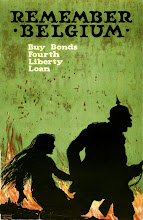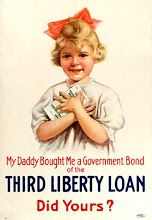Coates recently received an unintended endorsement from the Sons of Confederate Veterans. The SVC is one of those Alice-in-Wonderland, Lost Cause groups who exist to deny historic facts. They recently singled out Coates as an advocate for unvarnished truth and based on the tone of their attack, they've been watching Coates' blog for some time.
Coates and his mob, alternatively known as a The Golden Horde and the Lost Battalion of Conversationalists have explored Civil War history for the past two years. Co-Horder/Conversationalist absurdbeats has compiled a list of links to all of Coates blog posts on the Civil War.
theAtlantic blogger Jeffry Goldberg, an international journalist who was recently invited by Fidel Castro to a multi-day interview session, conducted a hilarious interview with Coates two years ago. TheRaven has shamelessly copied it for your reading pleasure.....
Ta-Nehisi Coates is the New Frederick Douglass
In this week's episode of "Know Your Bloggers," Ta-Nehisi Coates talks about black nationalism and hummus. Here is a transcript of our conversation:JEFFREY GOLDBERG: Do you realize that you're the first black blogger at The Atlantic since Frederick Douglass?
TA-NEHISI COATES: He doesn't count. Frederick Douglass had a white father -- and he married a white woman. Thus by the evolved standard of our new post-racial America, Douglass wasn't really black. Thus, I claim the crown. My father was a Black Panther. I'm from West Baltimore. I haven't married the mother of my son. You don't get much blacker than that. I am The One. I am The Only.
JG: What about Harriet Tubman? Didn't she blog for The Atlantic? You're not going to write her out, are you?
TC: No, no. Harriet's the truth. Just not that Douglass character. But Harriet's a woman, so she doesn't qualify. There are no black women.
JG: You say that you are the One. But Barack Obama is the One. Does that mean that there are, in fact, Two?
TC: Ugh, how many times do I have to say this. Obama isn't black. I keep trying to tell people this. No black man could win in Iowa. Did you see him dancing on Ellen? Barack is half of One. I am The One.
JG: Do you like hummus?
TC: Dude I effing LOVE hummus. Hummus is awesome! My folks were black hippies and embraced anything that looked alternative -- and tasted good. In the '80s -- at least in West Baltimore -- that was hummus. Of course the real question is, do you like falafel?
JG: I love falafel! Next question: What's your favorite Led Zeppelin song?
TC: "The Battle of Evermore." Come on, I played Dungeons & Dragons.
JG: Are you now, or have you ever been, a neoconservative?
TC: No, I'm not a neoconservative -- but I did laugh at the anti-war marchers in Union Square. Regrettably, they're now laughing at me.
JG: Who is the greatest Jew ever, Bob Dylan or Jesus Christ?
TC: Bob Dylan. He's one of the biggest reasons my Dad went into the Panthers. Which ultimately led him to meeting my mom. Which subsequently led to the birth of The One. Us black people have Jews to thank for everything -- even our very existence.
JG: Finally, the words we've been waiting to hear. On behalf of the Jewish people, let me just say, you're welcome. The inevitable follow-up: How, exactly, did Bob Dylan bring your father to the Panthers?
TC: Oh, man, you gotta buy, and possibly read (more concerned about the former than the latter) my book to get that story. You think I do this thing for free, Jeffrey?
JG: I'll buy yours if you buy mine. In my book, I tell how the Panthers made me a Zionist. Seriously. Page 48. Last question: What do you have against Jesus?
TC: Black Jesus or blond, blue-eyed Jesus? Black Jesus is a tool to get us to believe in the white man's religion. Blond blue-eyed Jesus is, well, blond blue-eyed Jesus. I think I could worship a Cablinasian Jesus. Maybe that explains why I'm for Obama.
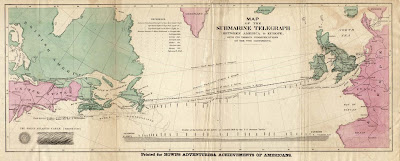






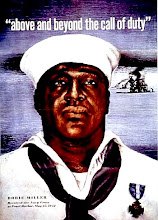
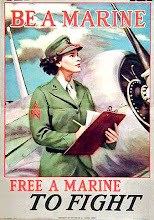
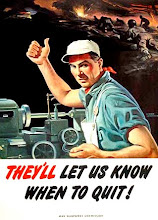
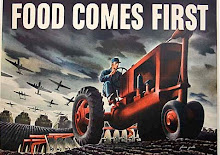
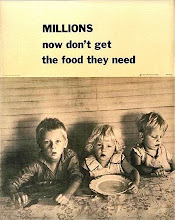


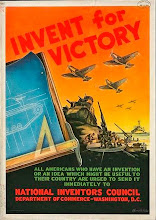

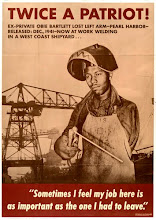
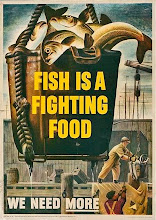
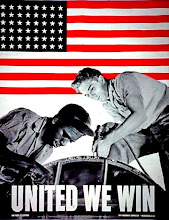

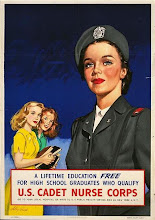

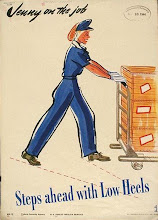
+breed+danger+6x8.jpg)
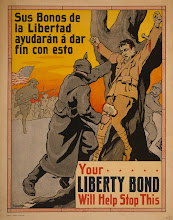

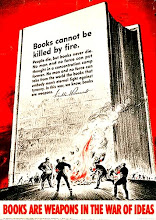
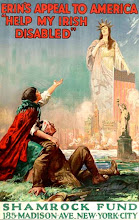
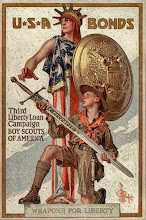

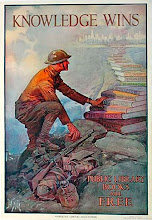

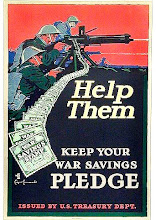
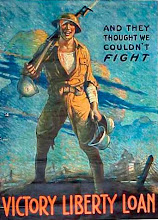
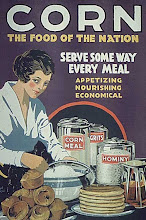
+5x7.jpg)
